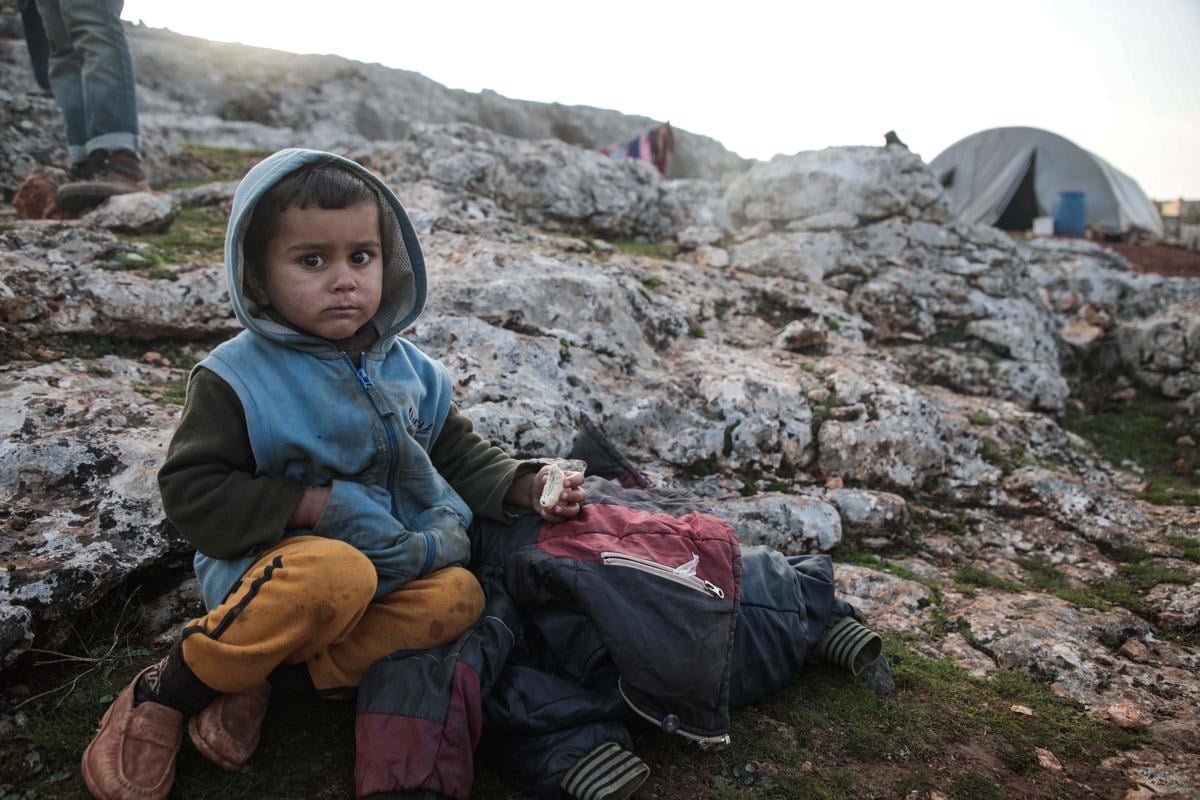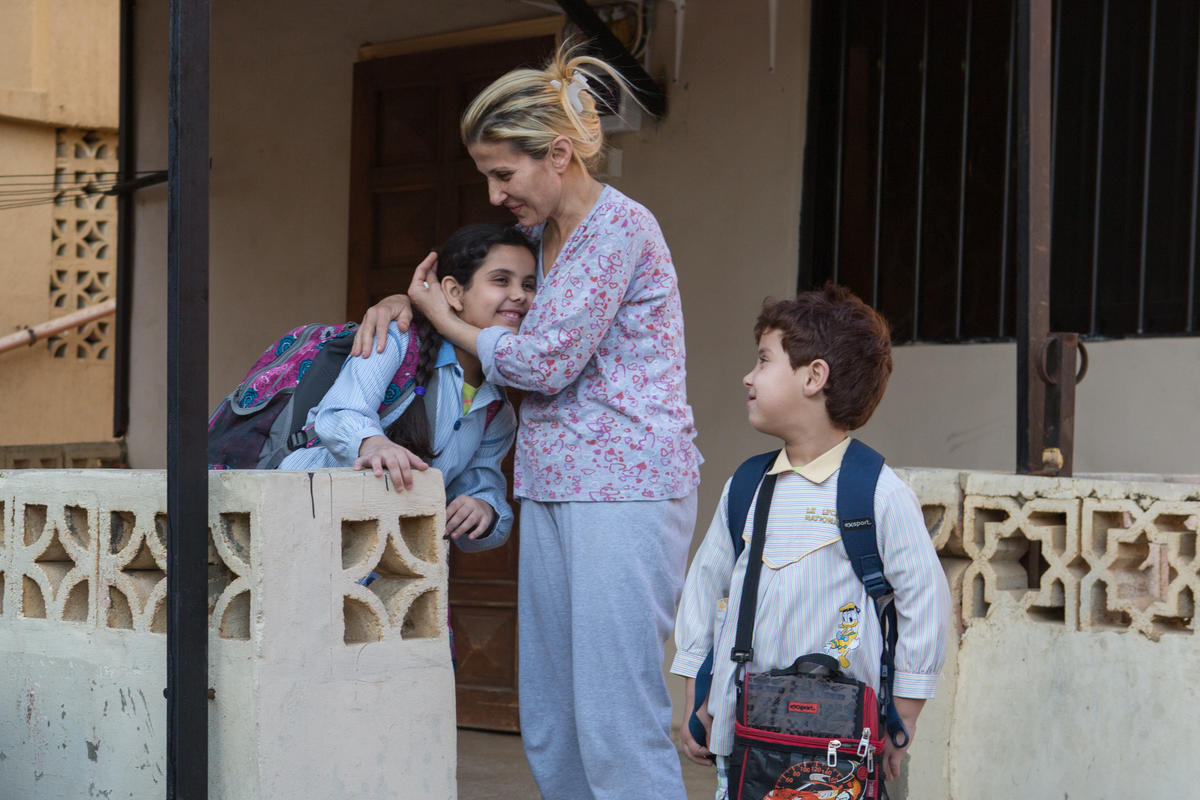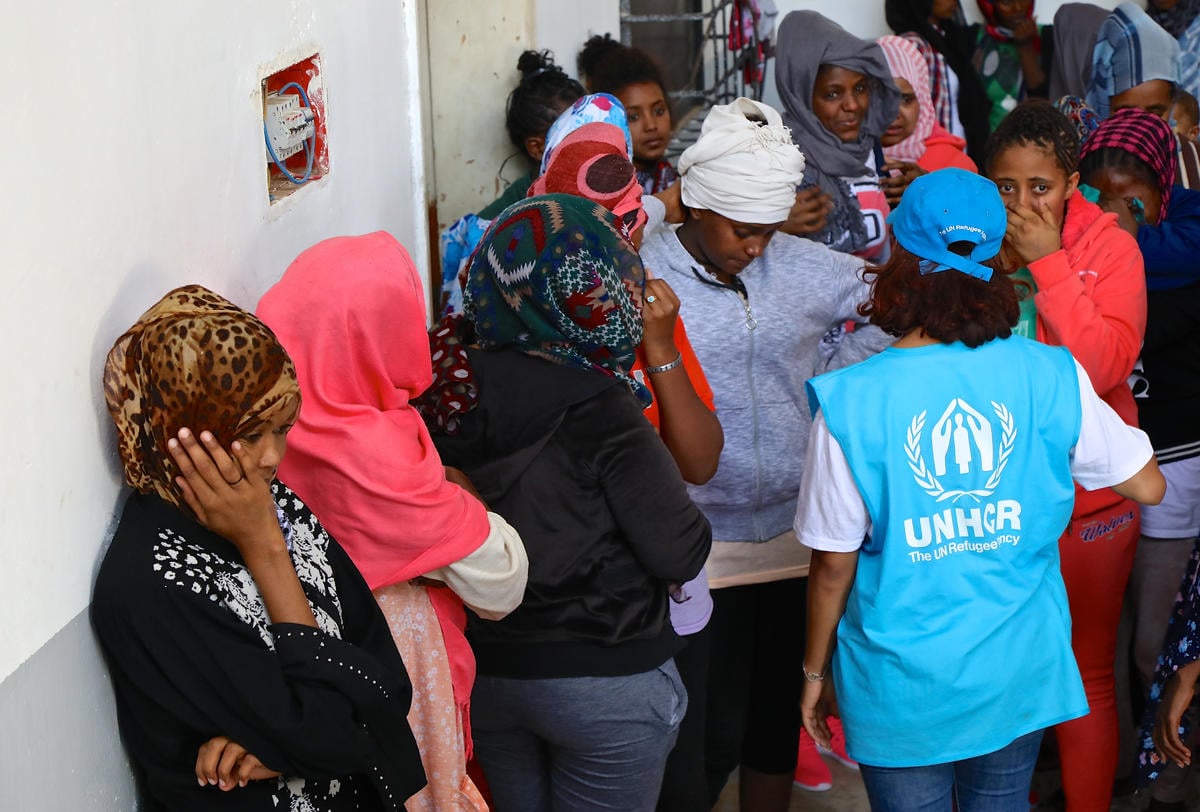UN High Commissioner calls for urgent international action to remedy "dire" situation in Somalia
UN High Commissioner calls for urgent international action to remedy "dire" situation in Somalia

Nairobi, Kenya, August 6, (UNHCR) - The UN High Commissioner for Refugees António Guterres concluded his three-day visit to Kenya on Thursday by calling for concerted action both to enable a political solution to the seemingly intractable conflict in neighboring Somalia and to provide assistance to those displaced by the fighting.
He said he held "productive" talks with Kenya's President Mwai Kibaki, Prime Minister Raila Odinga, and the Ministers for Internal Security, Foreign Affairs and Immigration aimed at addressing the growing refugee crisis in Kenya that has resulted from the instability in Somalia.
Guterres said the Kenyan government and UNHCR shared an enormous sense of urgency to address the problems facing refugees as well as the host communities and to find concrete solutions.
He said the UN Refugee Agency and the Kenyan government have agreed to come up with a comprehensive package which will meet the needs of the refugees, provide support to the host communities and also address Kenya's security concerns.
The High Commissioner's talks with the Kenyan authorities centred on the chronic overcrowding at the Dadaab refugee complex in north-east Kenya, which now hosts some 288,000 refugees, three times the number it was designed to accommodate.
After visiting the camp, the High Commissioner said "it is impossible to stay indifferent to the suffering of the Somali people". He described the situation in Somalia as "more dire and dramatic" and urged the international community "to take this problem seriously". Speaking of the more than 1.3 million people uprooted by the 18 years of violence and instability in Somalia, he said "there is even no possibility to support and reach out to them" unless there is a solution to the conflict inside the country.
In addition to improving the living conditions of the refugees in Dadaab by upgrading the aging water and sanitation systems, increasing health services and providing adequate shelter and nutrition as well as giving more funding to support the local community, UNHCR will decongest the camps by relocating some of the refugees to another camp at Kakuma in north-west Kenya near the Sudan border.
Guterres disclosed that the agency will soon start the transfer of some 12,900 refugees from Dadaab to Kakuma. UNHCR will allocate some $6 million U.S. to respond to the needs of the host communities. In addition, seven UN agencies have joined together to launch a $16.9 million U.S. development programme aimed at benefitting the local communities.
"The challenge in Dadaab is a complex one and has no easy solution", Guterres conceded. But Dadaab was "a first global priority for UNHCR" . There is an urgent need "to respond to the dire humanitarian situation in the camp", he said. Guterres called on donors to provide additional funding to meet the new challenges . For its part, the UN Refugee Agency will "mobilise its own internal resources to ensure that work starts immediately" in the priority areas, he said.
The High Commissioner for Refugees underscored the need to preserve the civilian and humanitarian character of the refugee camps. To protect refugees, guarantee the safety of humanitarian workers and meet Kenya's security concerns, UNHCR will "improve the screening mechanisms" at the camps, said Guterres.
By Yusuf Hassan in Nairobi









